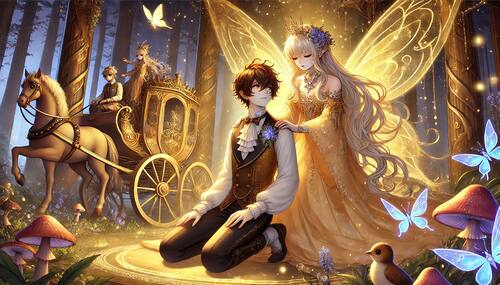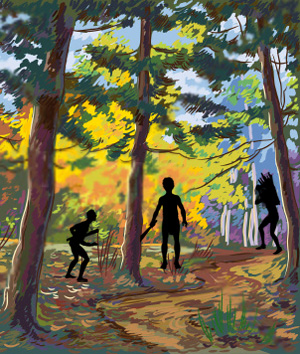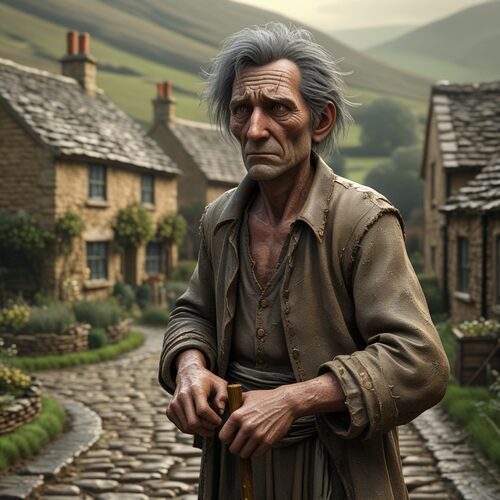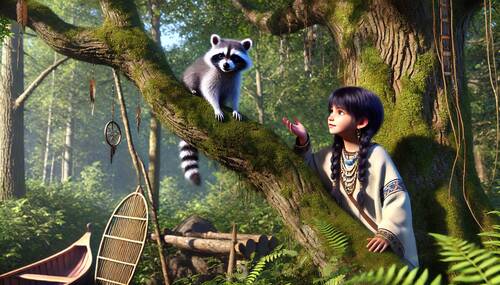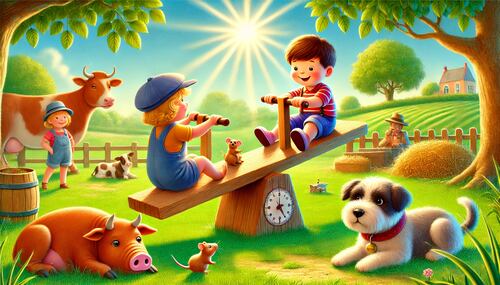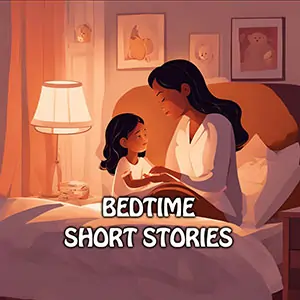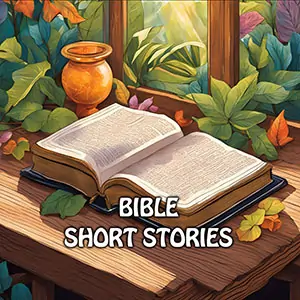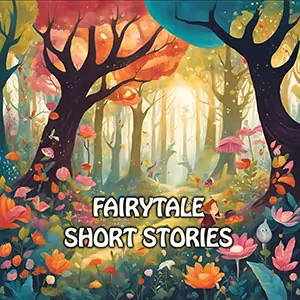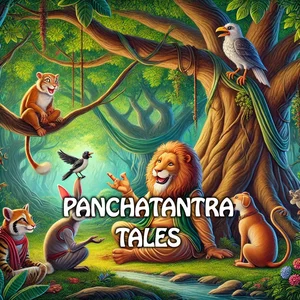Short Stories » Wild Animals from the Indian Stand-Point
Wild Animals from the Indian Stand-Point - Page 1 of 7
"TULA, tula, kola, the game is plentiful-once more the flats of the Cheyenne are covered with buffalo winter is still at a distance and all is well!"
Thus laughingly exclaimed old Hohay as he approached the teepee of Sheyaka, a renowned hunter of the Sioux.
"Ugh, you are all here, even Kangee and Katola. What is in your minds?" he continued, as he entered and took his seat.
"Ho, brother-in-law, it is good of you to join us. We are merely enjoying our smoke," replied the genial host. "Ah, you are still the coyote that you were in your younger days! Smoke never entered your nostrils without drawing you as by a rope. But now that you are here you must decide between us. Kangee maintains that the doe never fights. I have said that she has been known to defend herself even more fiercely than her brother," urged Shcyaka.
' It is agreed by all our hunters that you have studied the ways of the animals more closely than any of us," chimed in Kangee. "Of course, we have all heard the traditions of the old hunters as they have been handed down from our fathers, but the things that we ourselves have seen and known are straight and strong in our minds as a newly made arrow," he added.
Hohay had been pulling silently at his long-stemmed pipe, but in a minute he passed the pipe on to Kangee and tightened the robe about his knees to get himself into a story-teller's attitude, for he had no idea of dismissing this favorite subject in a few words.
"We must remember," he began, slowly, "that the four-footed people do not speak after our fashion . But what of that ? Do we not talk with our eyes, lips, fingers? Love is made and murder done by the wink of an eye or by a single motion of the hand. Even we ourselves do not depend altogether upon speech for our communication with one another. Who can say that they have not a language?"
"Ho, ho, henaka," interrupted Kangee. "I will help you a little here, good Hohay! It is well known that the alarm-call of the loon, the crane, and the wild goose is understood by all of the winged people that swim the lakes. This is not all. Many of the four-footed people of the woods know it as well. It often happens when I hunt water- fowl that one gives the alarm and immediately all the ducks will swim out, away from the shore. Those that cannot swim crouch down to conceal themselves, and even small animals stealthily and swiftly dodge back into the woods. Yet the same birds' love and play calls were not heeded nor did they disturb the peace, although they were at times very noisy and talkative." "Ho, ho," they all said.
'Tadota and I," continued Kangee, "once saw a doe call to her fawn to lie down and hide. It happened in this way. We were hunting up a ravine and came upon the doe and fawn about a hundred paces apart. They were both standing to graze, as it was early in the evening. As soon as the doe saw us she gave her warning call, which usually causes the fawn to run toward her. But in this ease the little creature dropped instantly into the tall grass. After we had shot the doe we came up to her, but she lay perfectly still and refused to rise. I may be wrong, but I believe the doe told the fawn to drop.
' I have also seen a doe and fawn playing," he went on, "when plainly the mother directed her young to leap a stream which she herself had just crossed. The fawn was timid and would not jump. Three times the doe called, pounding the ground with her fore-foot. At last she sprang back and caressed the fawn with her nose and stood with her a little while, and then once more leaped the stream. The young fawn came to the very edge of the bank and nervously smelled and examined it. Meanwhile the doe called emphatically, and finally the little one jump-ed. So I think there is good ground for saying that the wild animals have a language to which we have not the key."
Next »Wild Animals From The Indian Stand Point - Takeaway for Class 1,2,3
Wild animals are important and should be respected and protected for the balance of nature.
Wild Animals From The Indian Stand Point - Takeaway for Class 4,5,6
Even the fiercest wild animals can inspire respect and understanding when we learn about their lives and habitats.
Wild Animals From The Indian Stand Point - Takeaway for Class 7,8,9
Wild animals play a vital role in the ecosystem, and it's important for us to respect and protect them while understanding our shared environment.
3 Fun Facts
- The story describes how various wild animals, like tigers and elephants, are viewed and respected in Indian culture.
- In India, animals often symbolize different qualities, such as the tiger representing power and strength.
- Elephants in India are known for their intelligence and play an important role in cultural and religious ceremonies.
Quiz for Class 1,2,3
- What did the little boy find in the woods while walking with his grandfather?
- How did the little boy feel when he saw the wild animals in the forest?
- What did the grandfather teach the boy about respecting nature and animals?
Quiz for Class 4,5,6
- What role did elephants play in the lives of Indian people according to the story?
- How does the story describe the Indian rhino's appearance and behavior?
- What is one reason the story gives for why tigers are respected and admired in India?
Quiz for Class 7,8,9
- What primary reason does the story give for wild animals entering villages and attacking humans?
- How does the story describe the behavior of wild animals when it comes to protecting their young ones?
- According to the story, what is one key similarity between the predator instincts of wild animals and certain human behaviors?
Was this article useful?
We’d love to hear from you! Share your valuable feedback and suggestions to help us improve your experience and serve you better.
❤️ If you’re happy with our website, please consider supporting us — Donate Now!
🌟 Or leave a positive review here to encourage our team!
